Diet For Weight Loss – Which food is best for weight loss
Consuming foods rich in nutrients, such as lean protein and legumes, can contribute to your overall well-being and aid in weight management.
Reducing carbohydrate intake, increasing protein consumption, engaging in weightlifting, and ensuring adequate sleep are all strategies that can foster lasting and effective weight loss.
Prioritizing long-term well-being and adopting sustainable habits that you can maintain over time will enhance your overall health and increase the likelihood of achieving enduring weight loss.
How to lose 5kg in 7 days diet?
Which food is best for weight loss?
Fish , Cruciferous vegetables, Chicken breast and some lean meats , Cottage cheese, Avocados:
How to lose 5kg in 7 days diet?
Stay adequately hydrated by drinking enough water and choosing the right type.
Adjust the protein content in each serving to align with your dietary requirements.
Control carbohydrate intake to maintain a balanced body composition.
Incorporate fat-burning exercises into your routine for overall health.
Enhance digestive health by increasing fiber intake in every meal.
Establish a structured and scientific sleep schedule for optimal well-being.
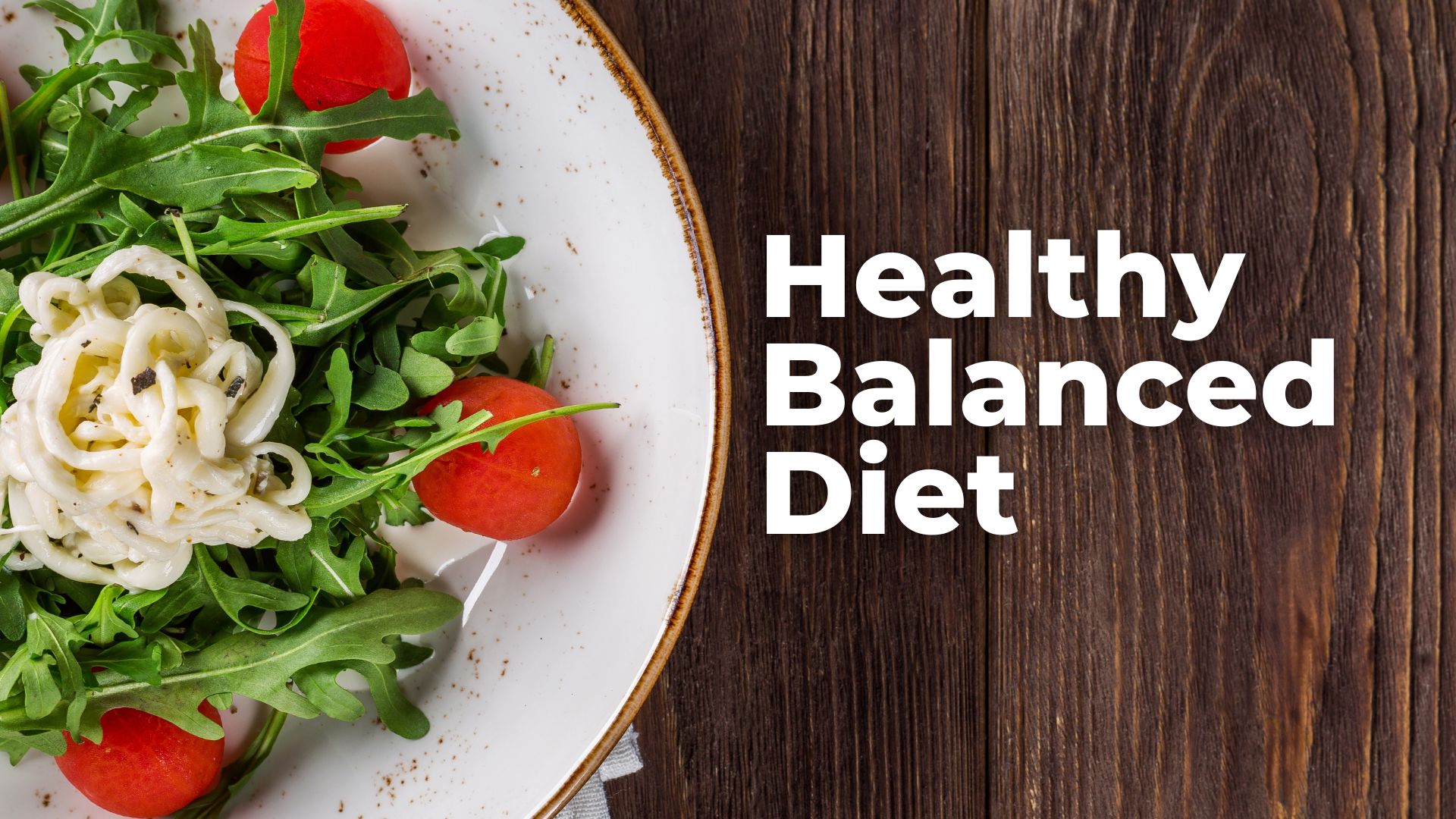
If your objective is weight loss, incorporating these foods into your diet may assist in fostering a healthy and effective weight loss journey
Eating the below foods in daily basses
- Eggs :

Diet For Weight Loss – Which food is best for weight loss
Consuming foods rich in nutrients, such as lean protein and legumes, can contribute to your overall well-being and aid in weight management.
Reducing carbohydrate intake, increasing protein consumption, engaging in weightlifting, and ensuring adequate sleep are all strategies that can foster lasting and effective weight loss.
Prioritizing long-term well-being and adopting sustainable habits that you can maintain over time will enhance your overall health and increase the likelihood of achieving enduring weight loss.
Eggs boast a remarkable nutrient density, being rich in both protein and fat, contributing to a sense of fullness.
In a 2020 study involving 50 individuals with overweight or obesity, it was discovered that opting for eggs and buttered toast for breakfast, as opposed to the traditional cereal, milk, and orange juice combination, led to heightened feelings of fullness lasting for the subsequent 4 hours.
Similarly, in another study with 48 adults, those who consumed a breakfast featuring protein from eggs alongside high-fiber foods reported experiencing greater satiety compared to those who consumed a breakfast consisting of low-fiber cereal and milk
2. Leafy Greens :

Leafy greens like kale, spinach, and collard greens are rich in fiber and nutrients, providing a satisfying and hydrating element to your diet.
Moreover, leafy greens contain thylakoids, plant compounds that have been associated with heightened satiety and improved appetite control, as suggested by some research. However, further studies are required to explore the effects of thylakoids obtained from food sources rather than supplements.
3. Fish :

Fish is abundant in high-quality protein, healthy fats, and essential nutrients, creating a satisfying combination that aids in maintaining a feeling of fullness and can assist you in weight management.
Furthermore, fish, along with seafood in general, may contribute a noteworthy amount of iodine. Iodine is essential for preserving thyroid function and supporting metabolism.
Cruciferous vegetables:
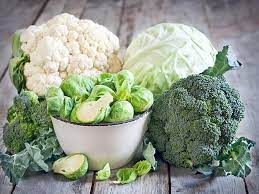
Similar to various other vegetables, cruciferous vegetables like broccoli, cauliflower, and cabbage are rich in fiber and have a remarkable ability to create a sense of fullness.
These vegetables also boast a higher protein content compared to many other veggies. The blend of protein, fiber, and low calorie density makes cruciferous vegetables excellent choices to incorporate into your meals, particularly if weight loss is your goal.
4. Chicken breast and some lean meats:

Skinless chicken breast and lean red meats like tenderloin and flank steak are rich sources of protein and iron, with lower saturated fat content compared to other meat cuts. These attributes make them excellent choices to aid in weight management and promote heart health.
However, it’s essential to consume red meat in moderation and choose healthier cooking methods whenever possible to mitigate any potential adverse health effects.
5. Beans and legumes:
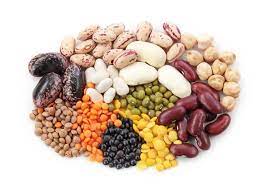
Beans and other legumes, including lentils, black beans, and kidney beans, can be advantageous for weight loss. These foods are often rich in protein and fiber, essential nutrients that contribute to a feeling of fullness. Additionally, they may contain some resistant starch.
6. Cottage cheese:
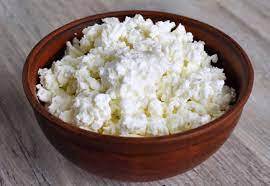
Incorporating cottage cheese into your diet is an excellent method to increase your protein intake, a crucial factor for building and preserving muscle. Additionally, cottage cheese is highly satisfying and rich in calcium.
While there may be a potential connection between calcium intake and body weight, further research is necessary to explore this relationship in greater detail.
7. Avocados:

Avocados are not only abundant in heart-healthy fats but also boast a high water and fiber content, making them exceptionally filling.
Moreover, avocados aid in the absorption of crucial fat-soluble vitamins and are rich in essential nutrients such as fiber and potassium.
However, it’s important to note that avocados are energy-dense, so maintaining awareness of portion sizes is crucial, especially when weight loss is a primary objective.
8. Nuts:

Nuts are rich in heart-healthy unsaturated fats, offering a blend of protein, fiber, and other plant compounds that contribute to heart health.
Research has indicated that incorporating nuts into your diet can enhance metabolic health and may even facilitate weight loss.
However, given their high fat content, it’s advisable to be mindful of portion sizes when consuming nuts and to eat only until you feel satisfied.
9. Whole grains:
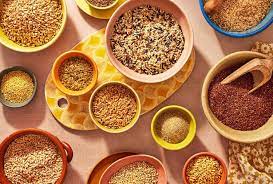
Current studies suggest that a diet abundant in whole grains can contribute to promoting healthy weight loss. This is attributed to their high fiber content and a significant amount of protein. Notable examples of whole grains include oats, brown rice, and quinoa.
these are all the methods of
Diet For Weight Loss – Which food is best for weight loss
